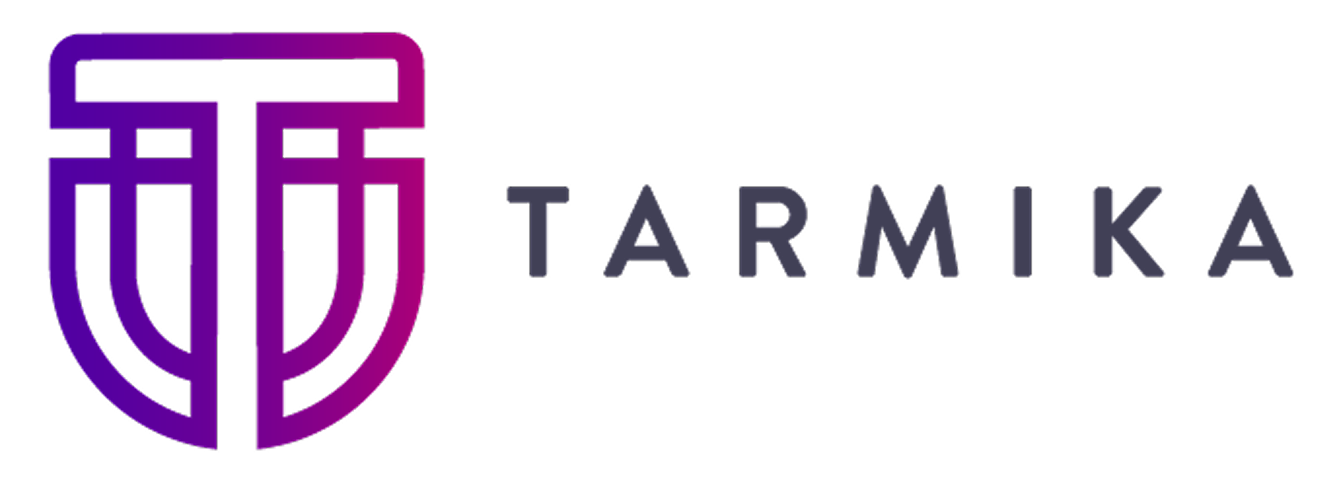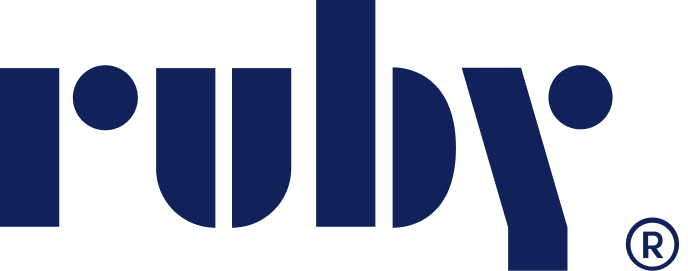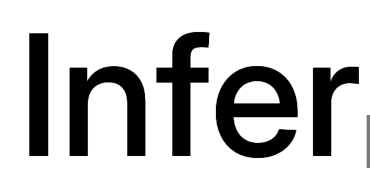

Sonant vs AnswerHero: AI Automation vs Human Answering Service
Comparing AI phone automation with traditional answering services? One offers 24/7 AI with AMS integration, the other provides bilingual human receptionists.
Compare phone handling approaches for insurance agencies. Sonant specializes in AI phone automation with native AMS integrations (EZLynx, Applied Epic, Hawksoft, Momentum). AnswerHero provides 24/7/365 bilingual human answering services with per-minute pricing starting at $39/month.
Sonant focuses on AI-powered automation specifically for P&C insurance. AnswerHero offers human virtual receptionists across multiple industries with English/Spanish bilingual support included. This comparison helps you choose between AI automation and traditional answering services.
Why agencies prefer Sonant?
Phone Answering Solutions:
Quick Comparison
Sonant is an AI receptionist built exclusively for P&C insurance agencies with native AMS integrations (Momentum, Hawksoft, EZLynx, Applied Epic), insurance-specific training, and enterprise-grade security (SOC2 Type 2, GDPR certified). Used by 100+ independent agencies and enterprise brokers for phone automation.
AnswerHero is a 24/7/365 human answering service with in-house call centers and 100% bilingual agents (English/Spanish). Plans start at $39/month for 10 minutes, scaling to enterprise plans. No contracts, no setup fees, per-minute billing. Serves multiple industries including insurance.
Choose Sonant if you need AI phone automation with native AMS integration, insurance-specific training, and predictable pricing for high call volumes.
Choose AnswerHero if you need human receptionists with bilingual support, prefer per-minute pricing for lower volumes, and want no long-term contracts.
Phone Handling Capabilities AI vs Human Answering Service

24/7 AI Receptionist Coverage
Round-the-clock phone answering ensuring insurance agencies never miss calls during nights, weekends, or holidays.

White-Glove setup
Implementation in under 30 days with dedicated developers and insurance AI specialists.

Insurance specific
Pre-trained on P&C insurance terminology, policy types, and agency workflows. No custom training required.

Native AMS integrations
Direct sync with Momentum, Hawksoft, EZLynx, Applied Epic, and 8+ major AMS and BMS.


Side-by-side Feature Comparison between Sonant and AnswerHero







Sonant vs AnswerHero: AI Automation vs Human Receptionists

Sonant is an AI receptionist built exclusively for P&C insurance agencies. It handles incoming calls with insurance-specific training—understanding policy terminology, capturing quote details with coverage-relevant questions, and routing inquiries based on carrier and policy type.
Unlike general answering services, Sonant connects natively to agency management systems: EZLynx, Applied Epic, Hawksoft, Momentum, QQCatalyst, and AMS360. Every interaction automatically syncs to your AMS with no manual data entry.
Key Sonant Capabilities:
- AI trained on P&C insurance terminology and workflows
- Native AMS integrations (8+ insurance platforms)
- Quote intake with coverage-specific questions
- Claims routing and policy inquiry handling
- Flat-rate pricing—no per-minute charges
- Enterprise security (SOC2 Type 2, GDPR certified)
Best For: P&C agencies needing insurance-specific call handling with direct AMS integration.

AnswerHero is a 24/7/365 answering service operating in-house call centers with fully trained, bilingual agents. Founded as a human-first answering service, they now offer AI and hybrid options. Notable clients include Ferrari, UCLA, and Sony Pictures.
AnswerHero provides per-minute pricing starting at $39/month (10 minutes) scaling to enterprise plans at $1,795/month (2000 minutes). All plans include 100% bilingual English/Spanish support with no extra charge. No contracts, no setup fees, no holiday surcharges.
Key AnswerHero Features:
- Human virtual receptionists (AI hybrid available)
- 24/7/365 availability with no holiday surcharges
- 100% bilingual (English/Spanish) included
- Per-minute pricing from $39/month
- In-house call centers (not outsourced)
- HIPAA compliant
- Zapier integration (8000+ apps)
- No contracts, 30-day cancellation
Best For: Small businesses needing affordable answering services, agencies with Spanish-speaking clients, companies preferring human touch over AI
Sonant vs AnswerHero: Which solution to choose?
✅ Are an insurance agency or broker (not a carrier)
✅ Offer P&C insurance products (auto, home, commercial lines)
✅ Need 24/7 phone automation that never sleeps
✅ Use an AMS like EZLynx, Applied Epic, or Hawksoft
✅ Have 10+ staff members or handle 100+ calls weekly
✅ Want turnkey implementation with insurance specialists
✅ Need proven ROI within 30 days
✅ Require SOC2 Type 2 and GDPR security certifications
- Favorite among independent agencies and retail brokers
- AI automation, Native AMS integrations, P&C-specific training, Proven ROI
Sonant: Best for P&C Insurance Agencies
✅ Need bilingual support (English/Spanish) included
✅ Prefer human receptionists over AI
✅ Want per-minute pricing for lower call volumes
✅ Need month-to-month flexibility with no contracts
✅ Serve multiple industries beyond insurance
✅ Want HIPAA-compliant call handling
✅ Require live call transfers for urgent matters
✅ Budget $39-$1,795/month based on minutes
- Affordable human answering
- Bilingual included, Per-minute pricing, No contracts, Multi-industry
AnswerHero: Best for Bilingual Answering Needs
The Bottom Line
Phone Handling Recommendation: AI vs Human Answering
Sonant is the best choice for P&C insurance agencies who need AI phone automation with native AMS integrations and insurance-specific training. AnswerHero is the best choice for businesses needing affordable human answering services with bilingual support and no long-term contracts.
If your primary need is insurance-specific phone automation with AMS integration for policy inquiries, quote intake, and claims routing, Sonant delivers purpose-built AI. If you need flexible human receptionists with English/Spanish bilingual support, per-minute pricing for varying call volumes, and prefer no contracts, AnswerHero provides that human touch at affordable rates.
Key difference: Sonant is AI built for insurance workflows. AnswerHero is human receptionists for general call answering across industries.
Disclaimer: This comparison was created using publicly available information from Answer Hero's website and public sources. We encourage you to visit answerhero.com for the most current information.
Frequently Asked Questions
How long does it take to implement AI for an insurance agency?
Sonant deploys in under 30 days with white-glove onboarding including workflow analysis, AMS integration setup, custom configuration, and staff training. Generic voice AI platforms require 2-6 months of development work. Traditional answering services need 1-2 weeks for operator training but lack automation capabilities.
Do I need technical expertise to use insurance AI software?
Sonant requires no technical expertise. The platform includes guided setup, pre-built insurance workflows, and dedicated support. DIY platforms like Retell require developer resources to build and maintain your voice AI system. Sonant handles all technical complexity while you focus on your agency operations.
What if I switch AMS platforms in the future?
Sonant's multi-platform support means you can switch AMS systems without losing AI functionality. The platform supports migrations and includes integration setup as part of standard service. Agencies locked into custom-built solutions face costly redevelopment when changing systems.
Can AI integrate with multiple insurance software systems?
Sonant supports 8+ AMS and BMS platforms simultaneously, making it ideal for agencies using multiple systems or considering a platform switch. The integrations include bi-directional data sync, automatic call logging, and real-time updates. Generic platforms typically require custom integration work for each system.
Which AI platforms integrate with EZLynx and Applied Epic?
Sonant offers native integrations with EZLynx, Applied Epic, Hawksoft, Momentum, QQCatalyst, AMS360, AgencyZoom, and Zywave. Most voice AI platforms don't provide pre-built insurance software integrations, requiring expensive custom development. Sonant automatically syncs call data, quote requests, and client information to your AMS in real-time.
Do AI receptionists understand insurance terminology?
Sonant is trained on thousands of P&C insurance conversations and understands complex terms like "additional insured," "named insured exclusion," "scheduled equipment," and "loss runs." The system recognizes policy types across auto, home, and commercial lines. Generic AI platforms misinterpret insurance-specific language without extensive custom training.
Can AI handle multilingual insurance calls?
Sonant supports 10+ languages including English, Spanish, French, Portuguese, and Mandarin with seamless language switching during conversations. This capability is essential for agencies serving diverse communities. Most voice AI platforms support only English or charge premium fees for additional languages.
How do AI receptionists route calls to human agents?
Sonant uses intelligent routing logic to determine when calls need human expertise versus AI handling. The system recognizes complex scenarios like detailed claims discussions, specific agent requests, or unusual policy questions and transfers seamlessly. Routing rules are customizable based on your agency's workflows and improve through machine learning.
What happens if the AI doesn't understand a customer?
Sonant asks natural clarifying questions and escalates to human agents for ambiguous situations. The platform maintains over 90% call handling accuracy for routine insurance inquiries. All conversations are transcribed and analyzed to continuously improve understanding and responses.
How much does AI software cost for insurance agencies?
Pricing varies by provider and features. Full-time receptionists cost $35,000-50,000 annually. Traditional answering services run $2,500-4,000 monthly. Enterprise-grade AI platforms like Sonant deliver 8X ROI through eliminated missed calls, staff time savings, and after-hours coverage. Contact Sonant for pricing tailored to your agency size and call volume.
What ROI can insurance agencies expect from AI automation?
P&C agencies using Sonant report 8X return on investment within 30 days. Quantified benefits include 50-58 hours saved monthly on administrative calls, zero missed after-hours opportunities, reduced staff burnout, and improved client satisfaction. O'Connor Insurance achieved 8X ROI with over 90% call handling accuracy in their first month.
Are there hidden costs with insurance AI platforms?
Sonant's pricing includes setup, AMS integrations, training, ongoing support, and platform updates with no surprise charges. Some platforms charge separately for integrations, per-call fees, language support, or premium features. Always review complete pricing including implementation, monthly fees, and additional services.
How does AI pricing compare to hiring insurance staff?
A full-time receptionist costs $35,000-50,000 annually plus benefits, vacation coverage, and training. AI platforms like Sonant work 24/7 without breaks, handle unlimited concurrent calls, and cost a fraction of human staff while delivering consistent performance. Most agencies recover their investment within the first month.
Can AI platforms comply with insurance regulations?
Sonant is designed for US and Canadian insurance compliance requirements. The system maintains proper call recordings, ensures data handling meets state regulatory standards, and doesn't provide unauthorized insurance advice. The platform is built for P&C insurance agency operations and continuously updated for regulatory compliance.
How is customer data protected with AI receptionists?
Sonant uses encrypted data transmission, SOC2-certified infrastructure, secure AMS integrations, and regular security audits. All client information is handled according to insurance industry best practices. The platform provides audit trails, access controls, and meets enterprise security requirements for agencies of all sizes.
Are AI platforms suitable for enterprise insurance brokers?
Yes, Sonant serves both independent agencies and enterprise brokers with SOC2 Type 2 certification, GDPR compliance, and enterprise-grade security. The platform scales to handle high call volumes, supports multiple office locations, and provides centralized management. Enterprise features include advanced reporting, custom integrations, and dedicated support.
Is AI software secure for insurance client data?
Sonant is SOC2 Type 2 and GDPR certified with enterprise-grade security specifically designed for sensitive insurance information. The platform uses encrypted data storage, secure API connections to AMS systems, and follows insurance industry compliance standards. Always verify that any AI platform meets proper security certifications before handling client data.
.svg)










%201.png)


.png)
.png)


%201.png)


































.svg)


.svg)
